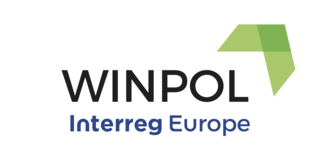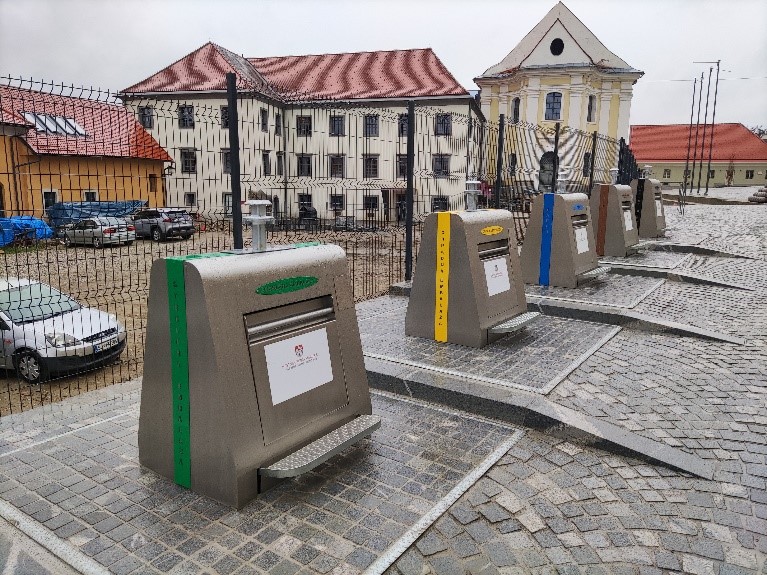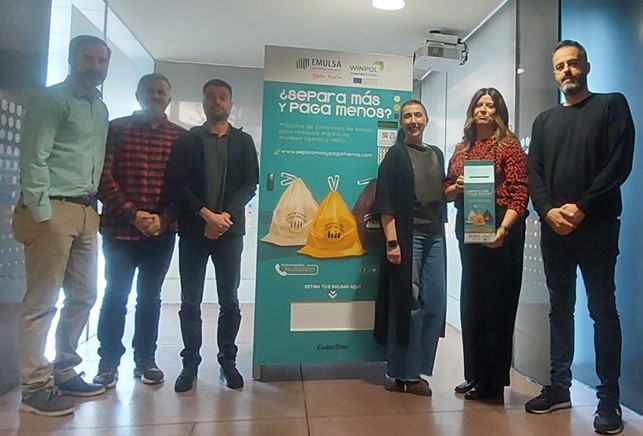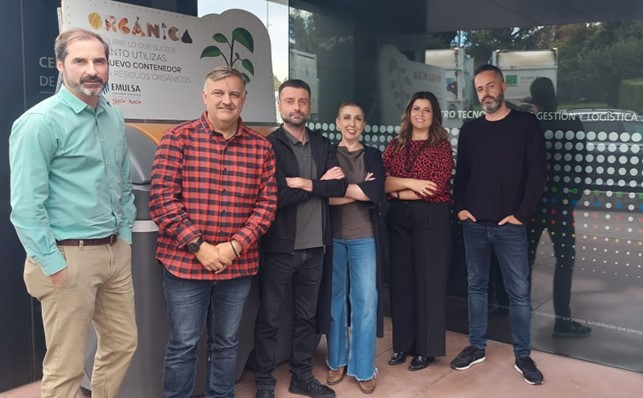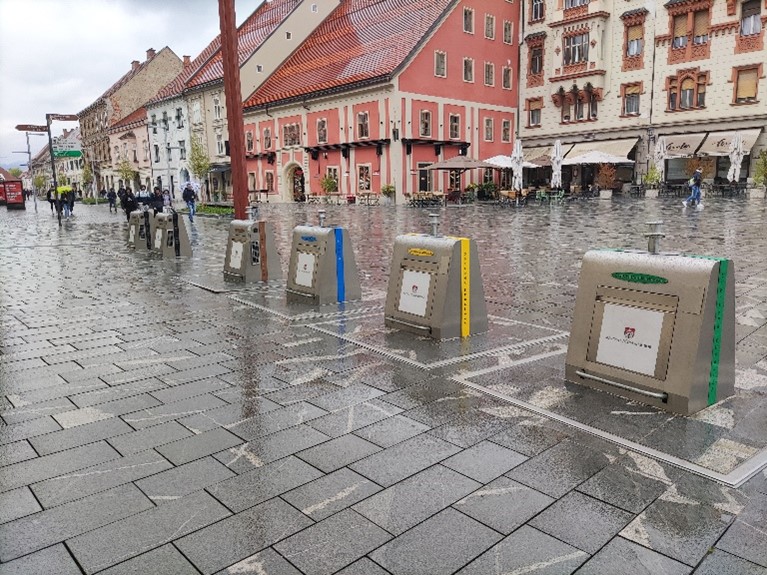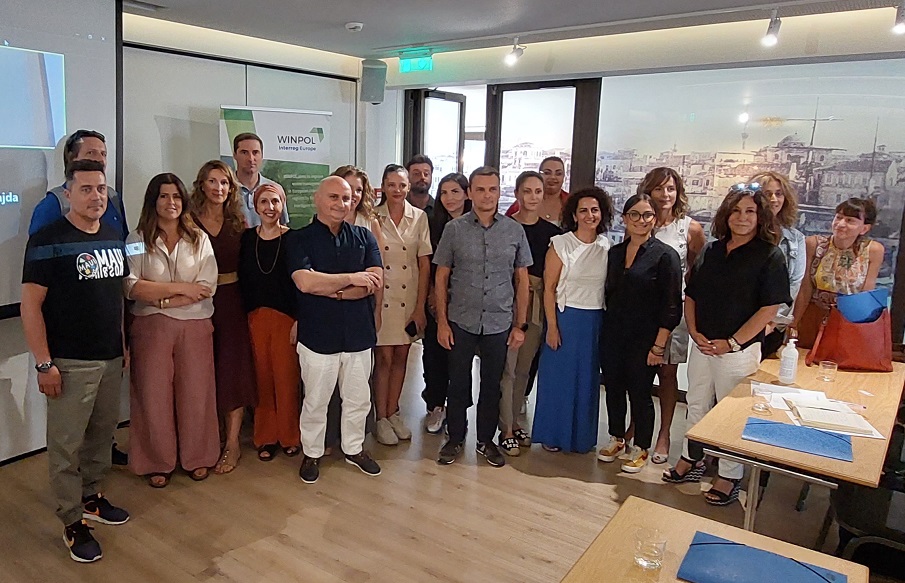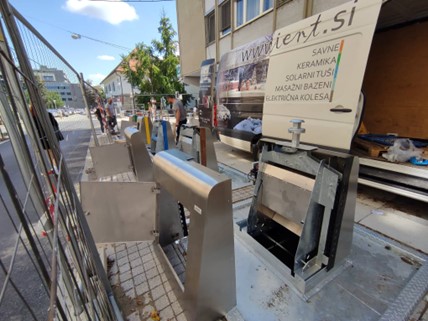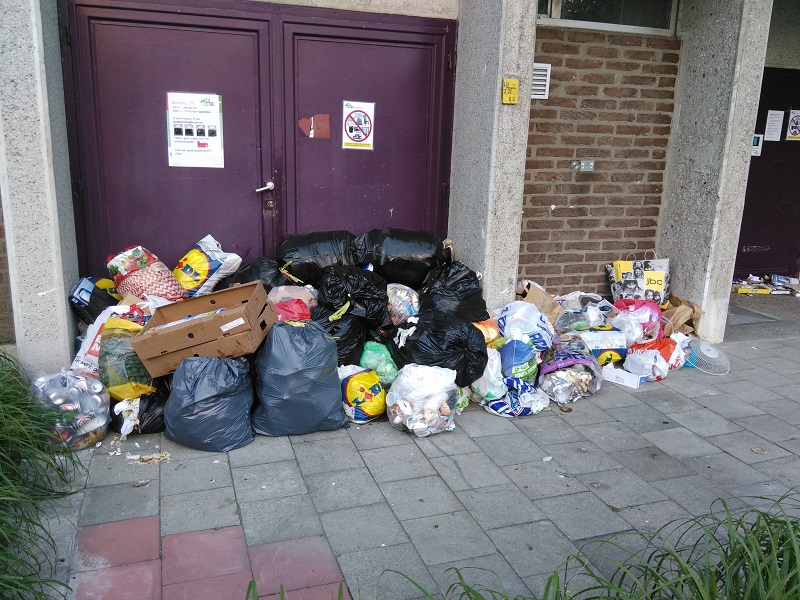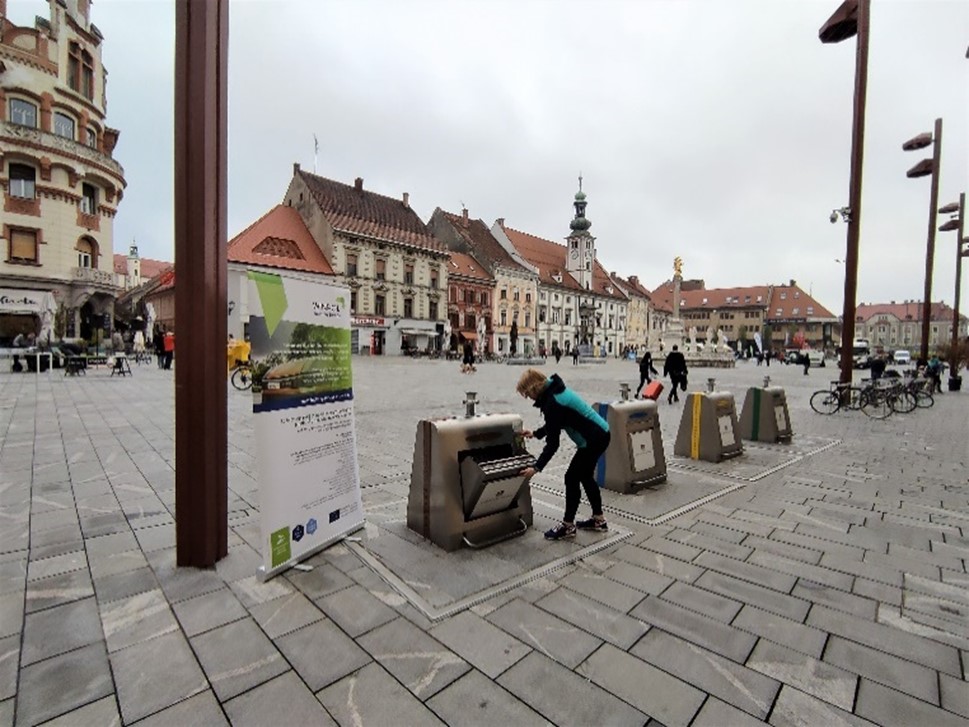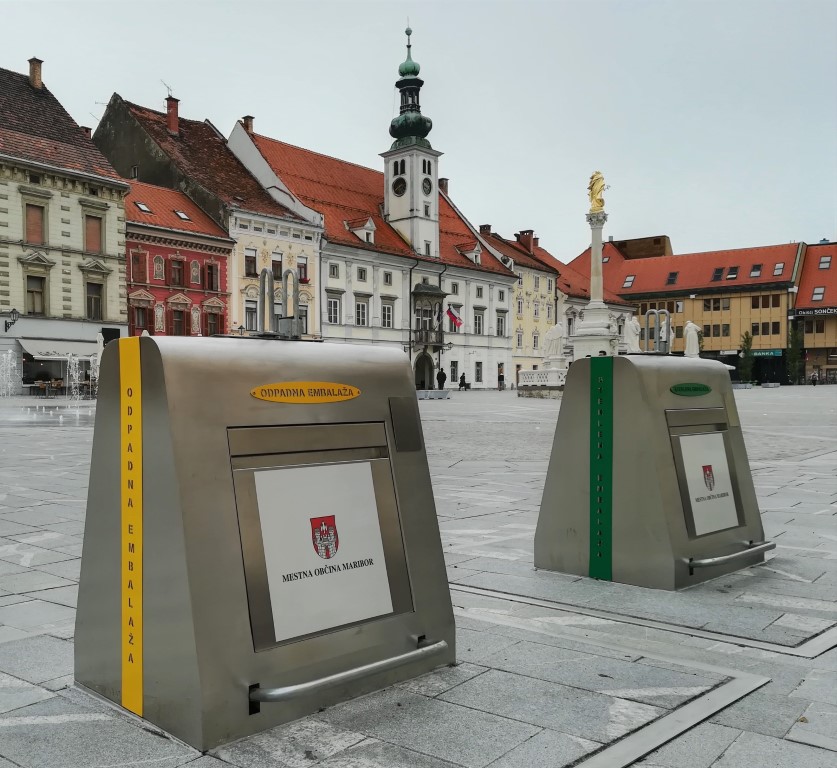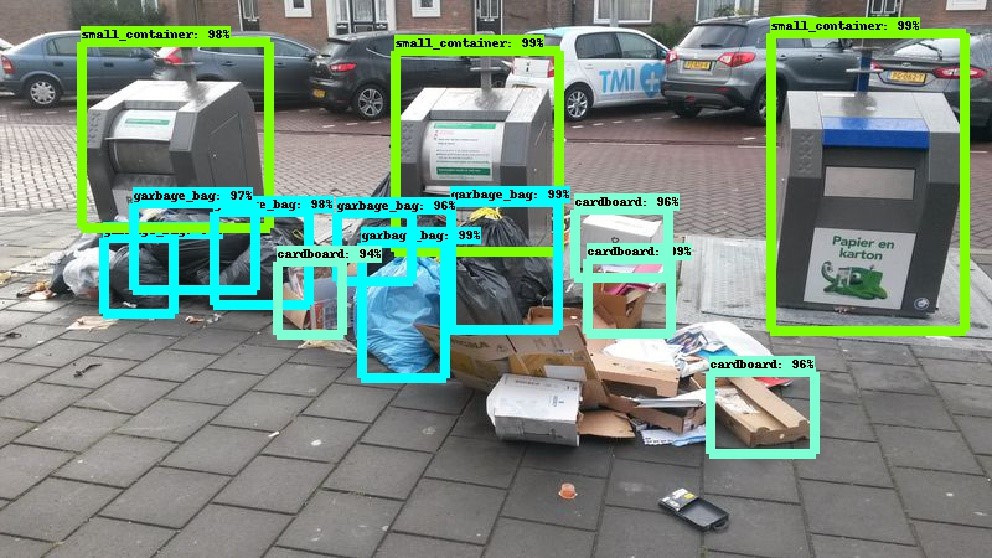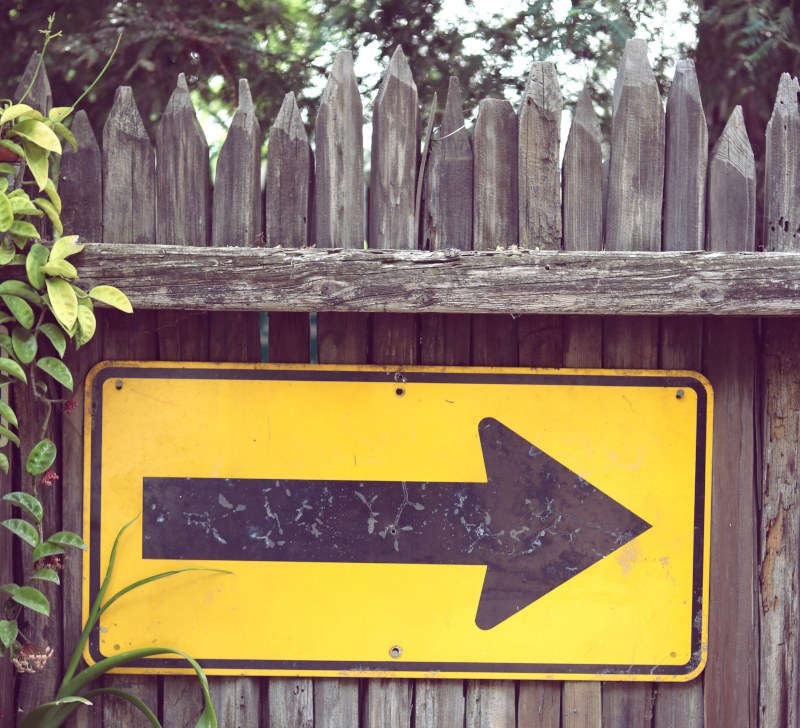The shift from a linear to a circular economy is a major challenge for member States and their regions and municipalities. Things in this field are now changing and calling for more radical and systemic transformations, in particular with the publication last month of the New Circular Economy Action Plan by the European Commission. The range of binding European targets for waste management in a circular economy set or increased in the past years might represent a challenge for public authorities.
Interreg Europe provides support to policy makers wishing to adopt sustainable waste management solutions in a circular economy.
To support cities and regions in waste management, the Policy Learning Platform on Environment and resource efficiency of Interreg Europe has published a policy brief on sustainable waste management in a circular economy. Indeed, many policy instruments that can contribute to circular economy (such as promoting reuse and repair, food waste reduction and recycling and landfill rehabilitation) have already been experimented and validated. These new policies could be put into place across Europe thanks to the help of the next generation of Regional Funds. So why not getting inspired by the readily available solutions highlighted by various Interreg Europe projects?
The policy brief offers an overview of the Circular Economy Action Plan and the different legislation, targets, communications and strategies adopted by the European Commission in the recent years. However, its asset is to provide insights and inspiration from several funded projects which already identified good examples in 3 main areas: reduce-reuse-recycling of waste; food waste prevention; landfill rehabilitation.
The Re-Use box not only made a significant contribution to waste avoidance, but also helped the socio-economic operators of the reuse shops to preserve jobs and create new ones.
One of these practices is the Re-Use Box, a new collection scheme for reusable items in Austria, identified by the WINPOL project. This box, similar to a moving box, enables to collect small reusable items (books, crockery, tools, toys,…) which are often found in insufficient amount in reuse shops while more of them could be sold. Thanks to the production of 40,000 boxes, an additional 500 tonnes of useful items could be collected and sold in reuse shops.
More good practices on sustainable waste management have been put forward by WINPOL. Have a look at them on the Policy Learning Platform!
Read the policy brief and its final recommendations here.
Photo: Arnaud Finistre
